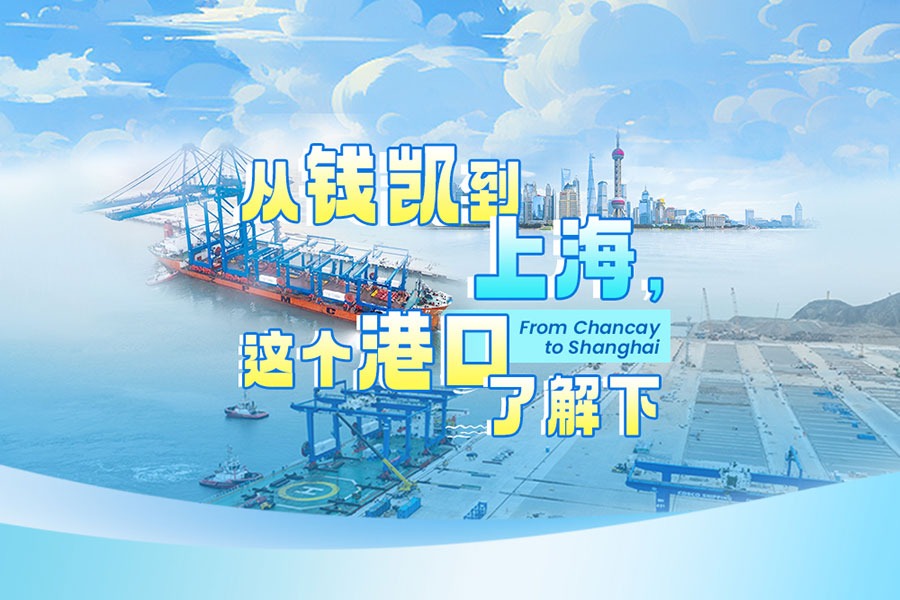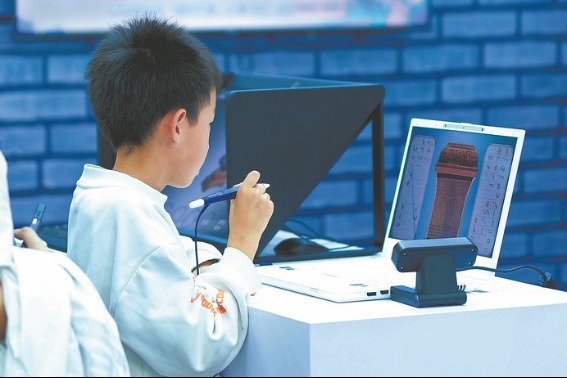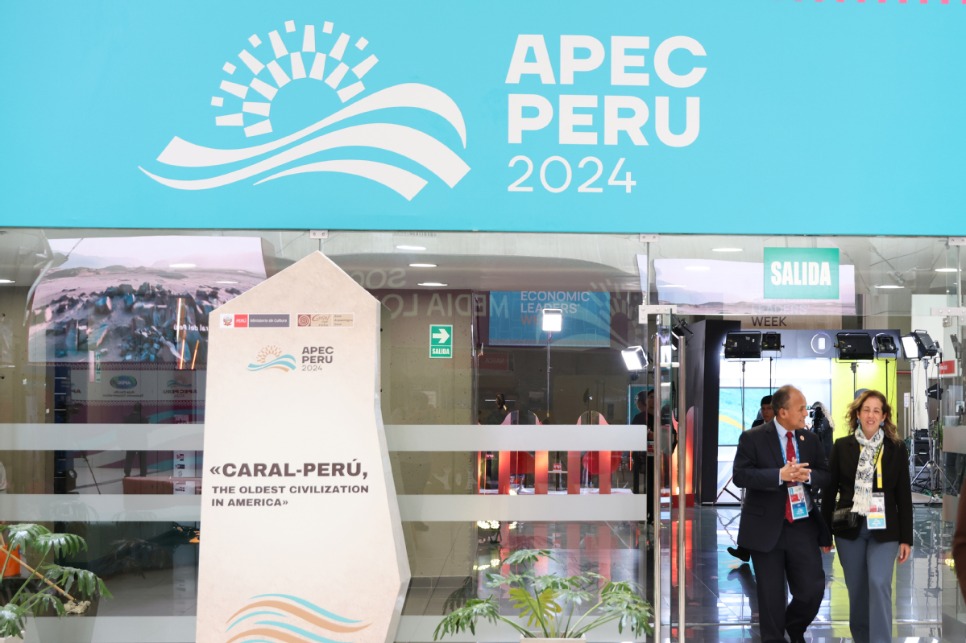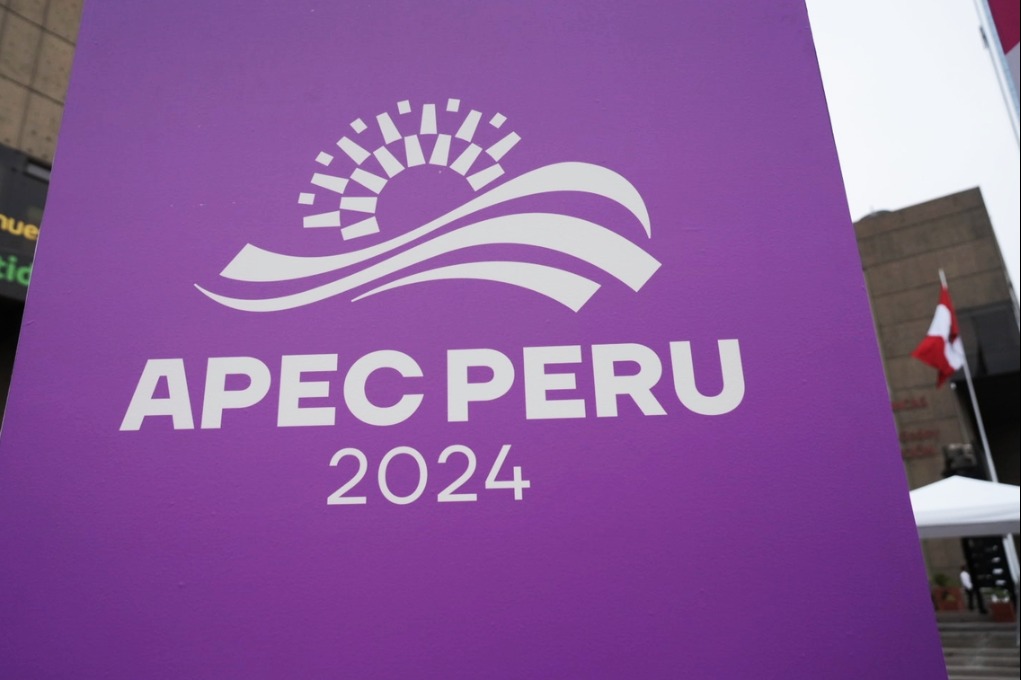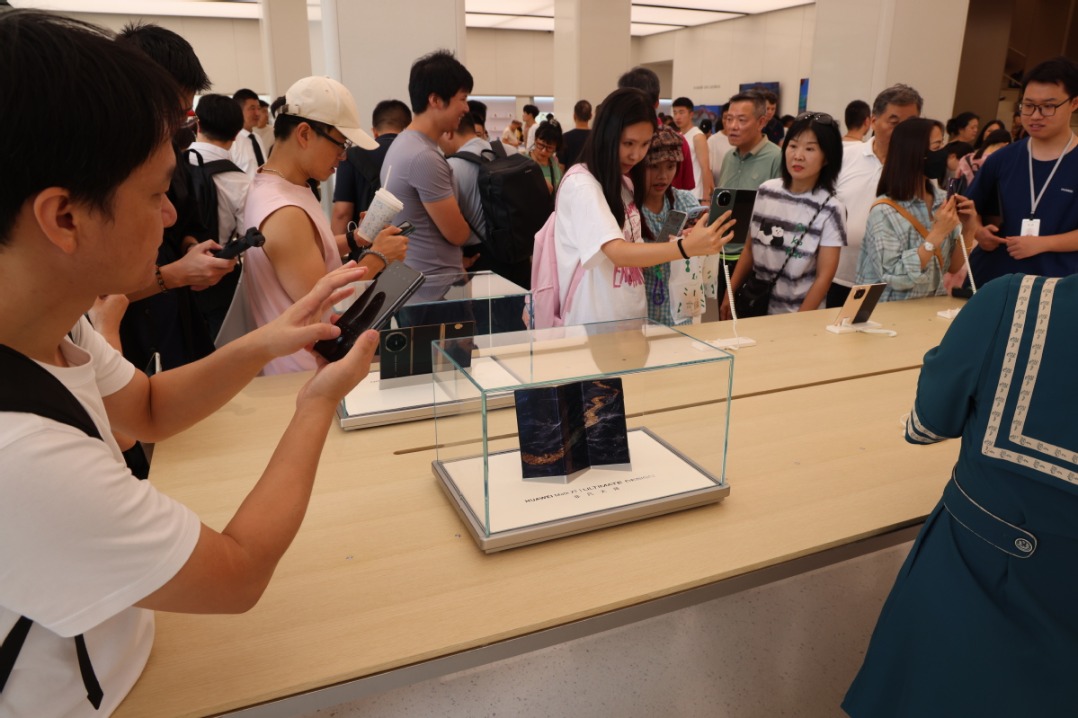Huawei vs Apple: What does the Global South care about?


Recently, two of the world's tech giants, Huawei and Apple, launched their innovative and disruptive products on the same day. Huawei introduced the world's first tri-fold smartphone, Mate XT, while Apple unveiled its first AI-boosted iPhone model, iPhone 16 Pro. The rivalry sparked widespread discussion worldwide, with international media dubbing it a "clash of the titans" and calling it the beginning of a new round of competition in the premium smartphone market. Many also see this rivalry as a microcosm of the broader tech and strategic competition between China and the United States, which has a significant impact on the Global South. As this high-tech showdown and unfolds, nations of the Global South should not be mere bystanders or on the receiving end in this information revolution.
With US-China tensions getting more entrenched by the day, both Huawei and Apple seem to have staked out their battlegrounds. Apple's AI features are unavailable in China, while Huawei's innovative foldable devices are not sold in the US. This split leaves Global South countries in an unenviable position: opting for Huawei's affordable yet quality products risks being seen by the West as siding with China.
This isn't a choice that consumers want, nor is it a natural outcome of market competition. Rather, it is a consequence of escalating geopolitical rivalry that forces the Global South into the dilemma of having little choice but to pick sides.
This is not what we want. We oppose decoupling and bloc confrontation. We welcome China's decision to further open its market and to support multilateral trade and fair competition. We hope that major countries uphold the spirit of contract and market principles, and work together to maintain a global market order featuring fair competition and win-win cooperation, one that is not defined by malicious sanctions or forced alignments. It is also our hope that tech companies choose cooperation, healthy competition and mutual learning over vicious competition and suppression. Such a value-driven approach can bring out the best in each other, and lead to new technological breakthroughs, products and services.
With its vast population and young consumer base, the Global South is emerging as a blue ocean and golden opportunity for global business. Yet, the need for localized services has been largely overlooked, and the potential of young consumers has yet to be fully unlocked. The success of Chinese companies like Transsion, VIVO, and Xiaomi in Africa, South Asia, and Latin America underscores a simple truth: truly understanding and meeting the needs of consumers is the key to winning over local markets. We encourage tech companies worldwide to offer more advanced high-end products as well as more quality yet affordable products in light of the needs and concerns of consumers of the Global South.
Currently, the Global South countries as latecomers in the ongoing information revolution are yet to catch up. Faced with the new round of technological revolution, they are increasingly worried about falling into digital dependency, a widening gap in artificial intelligence capabilities and a deepening North-South divide that could see them marginalized once again. They have a growing desire to keep pace with these technological advances while charting modernization paths that are suited to their own national conditions. The Global South accounts for two-thirds of the world's population. The modernization of this group will offer vast potential, not only as a burgeoning consumer market but also as a key driver of sustainable global economic growth. The technological ambitions and valid concerns of these nations deserve serious consideration of the international community.
We welcome China's Belt and Road Initiative and the Forum on China-Africa Cooperation which provide a practical pathway for these nations to integrate into China's technology supply chains and benefit from its rapid development. At the same time, we hope that developed countries will show greater ambition and take decisive actions to help developing countries enhance their technological and educational capabilities. Supporting the Global South's full participation in the digital revolution is not only the responsibility of the international community, but is also essential for addressing global challenges and building a better future for all.
The author is a Beijing-based international affairs commentator.
The views don't necessarily reflect those of China Daily.
If you have a specific expertise, or would like to share your thought about our stories, then send us your writings at opinion@chinadaily.com.cn, and comment@chinadaily.com.cn.

















